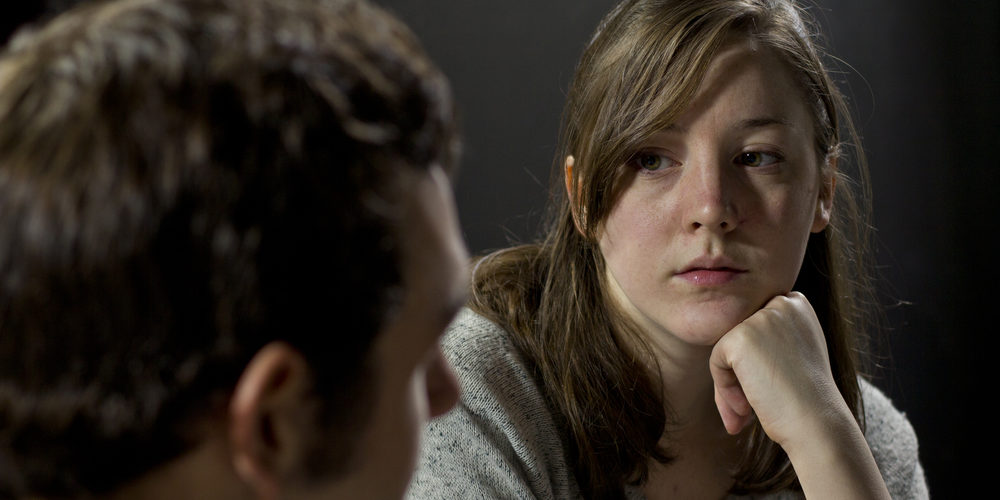When I began volunteering during my first year of medical school at our student-run free clinic, I noticed that I felt stressed out in the chaotic environment, from the director’s tough questions and the long wait times to present to an attending. My muscles tight, I would feel exhausted after leaving the clinic. I knew, even at that time, it was important to learn how to maintain equanimity in the stressful clinic situation in preparation for my clerkship years.
Intending not to be stressed-out was the first step. The second was remembering why I was coming every week (for the patient’s benefit and also to learn something about disease presentation and management). Focusing on those goals would stop me from nervously rushing around the clinic and allow me to forgive myself when a patient encounter had lasted too long. Over the two years I was there, I learned how to better function in a high-stress environment.
However, during my surgery rotation, this wasn’t enough, and I reached a point where I was so exhausted that I didn’t care anymore. It was such a strange mental state for me because I had always felt so much meaning and purpose medicine. But at that point, it wasn’t enjoyable. I didn’t care. I didn’t want to see patients. I didn’t want to volunteer at the free clinic on my one day off. It was sad to see myself start to have those feelings.
Luckily, I did learn a lot of time management skills during that period that I sometimes apply now, like learning how to wake up and be out the door in 5 minutes. Since my schedule has loosened up, I also find myself enjoying being a medical student again. This taught me a huge lesson about taking time off. Days off are those when you don’t work at all. I get to go for a walk, cook, do laundry, and do (as I like to call them) “normal person things.”
And they are glorious. I’ve found that burnout is incredibly easy to fall into because you don’t know you’re falling until you’re in the midst of it. It’s something you have to strongly and constantly guard yourself against from the beginning. You can see it in many doctors: the slouched shoulders, the dullness in their eyes, the way they roll their eyes when talking about a patient, the sighs, the joylessness.
And then I remember doctors like Dr. Chang, a fairly new family medicine doctor who regularly volunteers at our student-clinic. For him, work is a joy. All the volunteers love working with him. There is an energy and bounce in his step. He leaves looking uplifted.
The article, “If every fifth physician is affected by burnout, what about the other four? Resilience strategies of experienced physicians” should be mandatory reading for first-year medical students. Within it, I found some excellent strategies and advice that would have helped me early on, such as, “Create individual routines and time structures for dealing with bureaucracy and regular chores.” This is so important because as I continue in medical school I am confronted with more and more bureaucratic items.
Like the airline stewards say, “Put on your own mask before assisting the others.” Medical students need to take care of ourselves so we can continue to find joy in our work throughout our medical careers.
By Petra Kelsey
*Petra Kelsey is a medial student.
Image credit: Shutterstock.com





